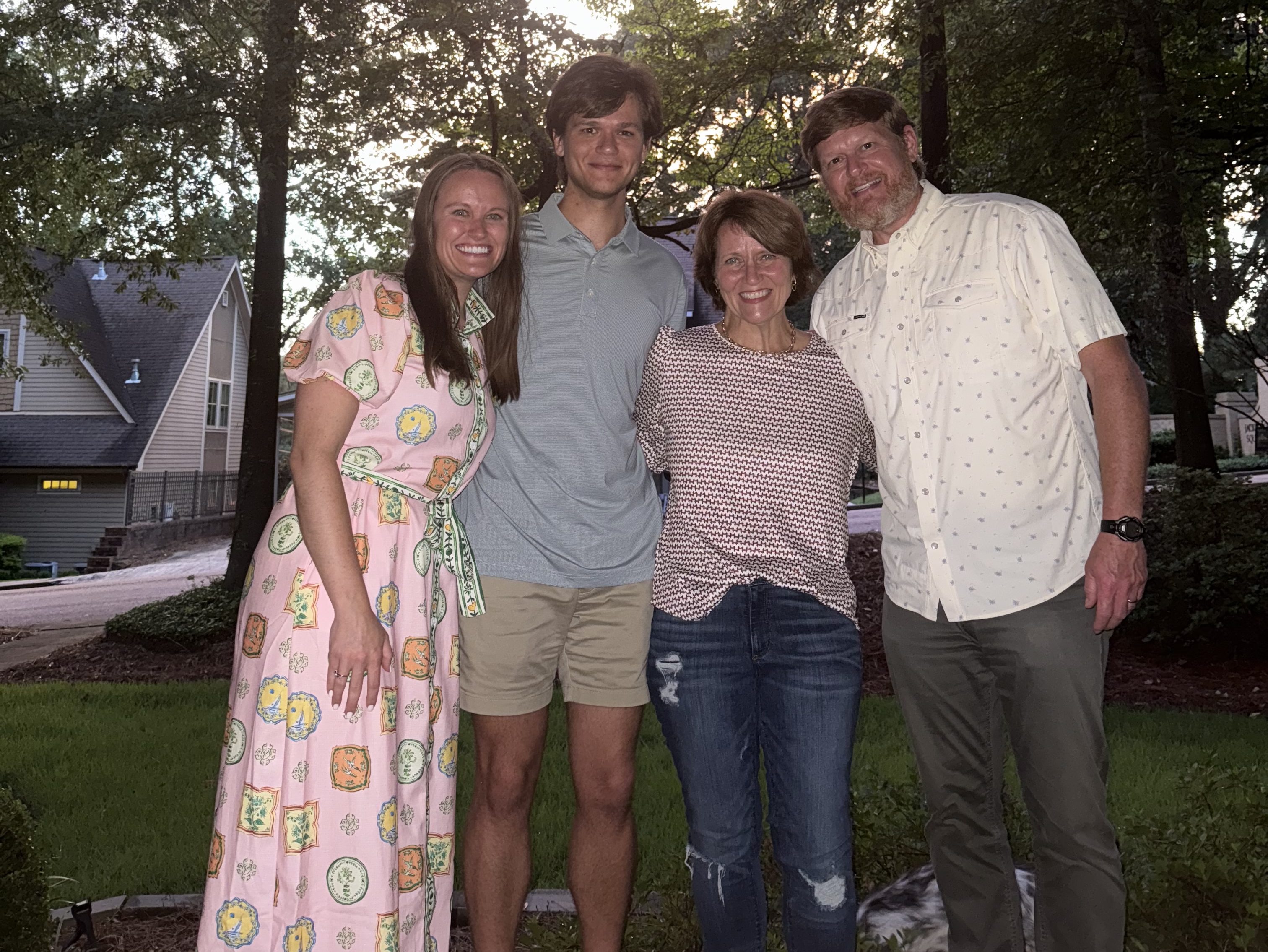Going to church in the wild woods
Published 2:21 pm Monday, December 30, 2024

- I spent the afternoon watching deer dappled in sunlight, and I left the woods restored by my time in the sanctuary of the wild. Photo by Brad Dye
Restoration, reconciliation and remembrance are all words that come to mind quite often for me when sitting in a church sanctuary, especially in the moments leading up to Communion.
Thus, I did not find it strange Sunday morning as I sat in the pew that these were the words that occupied my thoughts. Thankfulness also came to mind which, again, wasn’t strange as the word “eucharist” originates from the Greek word that means “thanksgiving.”
As a Christian, I should feel restored after partaking in the elements of bread and wine offered during the Holy Communion. I should also feel both reconciled to Christ and called to remember His sacrifice.
None of these thoughts or feelings would be deemed strange, inappropriate or out of place in church. However, what about in another location such as a hunting blind?
Sitting in an elevated blind Sunday afternoon, overlooking a long lane bordered on each side by a pine plantation and thicketed understory, I found myself having the same “church thoughts” about the outdoors.
I come to the woods for restoration, for reconciliation, and often for remembrance, and it’s no stretch whatsoever to say that the woods are a sanctuary for me. In fact, nature is the sanctuary into which I retreat most often.
We all need sanctuaries. We need places that provide time away from the stresses of life where we can retreat to quiet our minds, places in which we can find restoration.
I am in no way saying that time in the outdoors is a substitute for time in church, and I’m also not trying to provide a Biblical mandate for hunting.
Yes, there were hunters in the Bible. Esau, Nimrod and David come to mind, and, yes, the Lord told Peter to, “Rise, kill and eat.” However, I’m not going to put that on a t-shirt, and you won’t see me wearing one.
Simply put, I love the outdoors, and hunting and fishing are a part of that experience for me. It is a personal choice. It is also one that I make because I want to know, as much as possible, where my food comes from. I want to be a part of the process, and, more importantly, I want to honor the harvest.
The concept of the “honorable harvest,” as Robin Wall Kimmerer explains, comes from “the canon of indigenous principles that govern the exchange of life for life. They are ‘rules’ of sorts that govern our taking, so that the world is as rich for the seventh generations as it is for us.”
If the land and the harvest have the power to restore me through both the experiences and the sustenance that each provides, then I, too, have a responsibility. For me, that is best lived out through reconciliation.
At its most basic, reconciliation is the restoration of friendship or harmony. Restored harmony is, so often, what I gain through my time in the outdoors. When things in life are off-kilter, I retreat to nature to regain balance.
Unfortunately, so much of what I see portrayed as hunting and fishing on television and social media is without that harmony. There is no balance. The totality of the experience has been replaced by the picture or the post.
As outdoorsmen and women, we need to take it upon ourselves to work to restore that balance. Honoring the harvest and the land should always take precedence over the kill or the catch, and most certainly over the photo or post of either.
We can help restore harmony and balance through our mentoring efforts if we focus on instilling the tenets of the honorable harvest such as taking only what you need, leaving some for others, using the harvest respectfully, giving thanks and sustaining those who sustain us.

“I come into the peace of wild things who do not tax their lives with forethought of grief.” — Wendell Berry. Photo by Brad Dye
So, what about the third “R” — remembrance? Earlier, I mentioned the picture and the post. Let me elaborate that I love both when it comes to their ability to bring back the details of a memory.
The memories, the details of the hunt or the fishing trip, the stories behind everything that took place that led up to the photo, are what matter most. That’s why we once took pictures (or why we should have) and why we now post in the world of social media.
Pictures and posts should be like mile markers or, more accurately, memory markers. They should exist to document the journey, not to serve as “look at me” glory shots.
Last week, I wrote about the magic of duck hunting in flooded timber. Looking at those pictures from years past brought back so many wonderful memories that I have not thought about in some time.
Some of those memories were shared with loved ones that are no longer physically here. Their remembrance is the true beauty of those memories, and it’s one of the reasons why I love retreating into the wild to still my mind and relive past outdoor experiences.
Until next time, here’s to finding restoration, reconciliation, and remembrance in your own sanctuaries of nature, and here’s to seeing you out there in our great outdoors. Happy Holidays!





